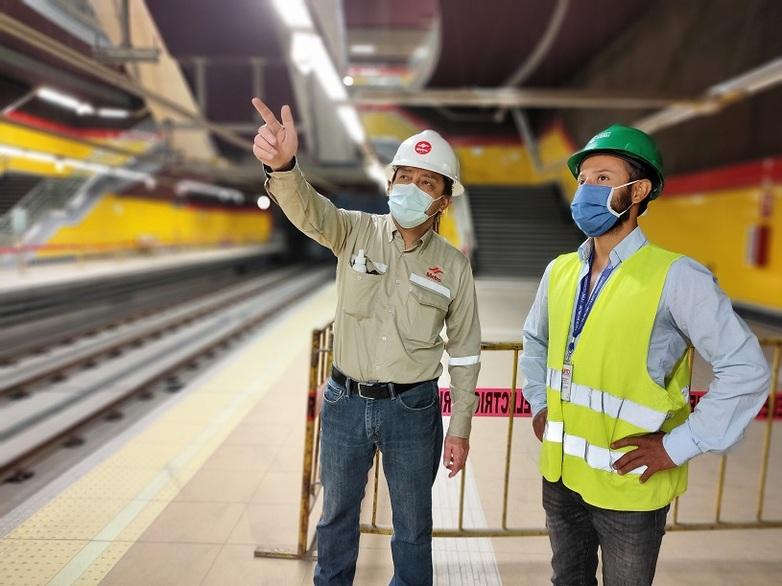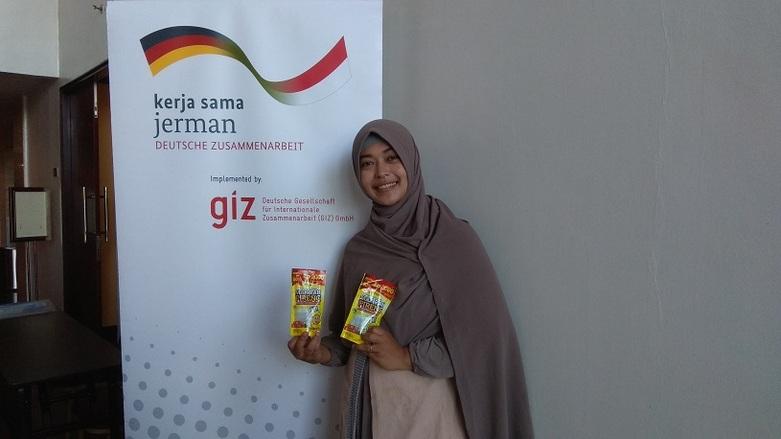Context
According to the United Nations, the number of international migrants rose to 281 million in 2020. Women make up almost half of this number. Migrants make an important contribution to development as a bridge between their countries of origin and the countries where they now live and work.
However, migration also entails risks when individuals leave their home countries due to lack of opportunities and expose themselves to great danger, or when migrants work in precarious conditions without social protection. The latter applies particularly to migrant women from low-income countries who work as carers and domestic workers.
The Global Compact for Safe, Orderly and Regular Migration (GCM), which was adopted in 2018, provides a political foundation for mitigating the risks of migration.
Objective
The countries cooperating with the project are implementing a range of goals for safe, orderly and regular migration as defined under the GCM, and they also use the engagement of the diaspora in Germany to achieve these goals.


